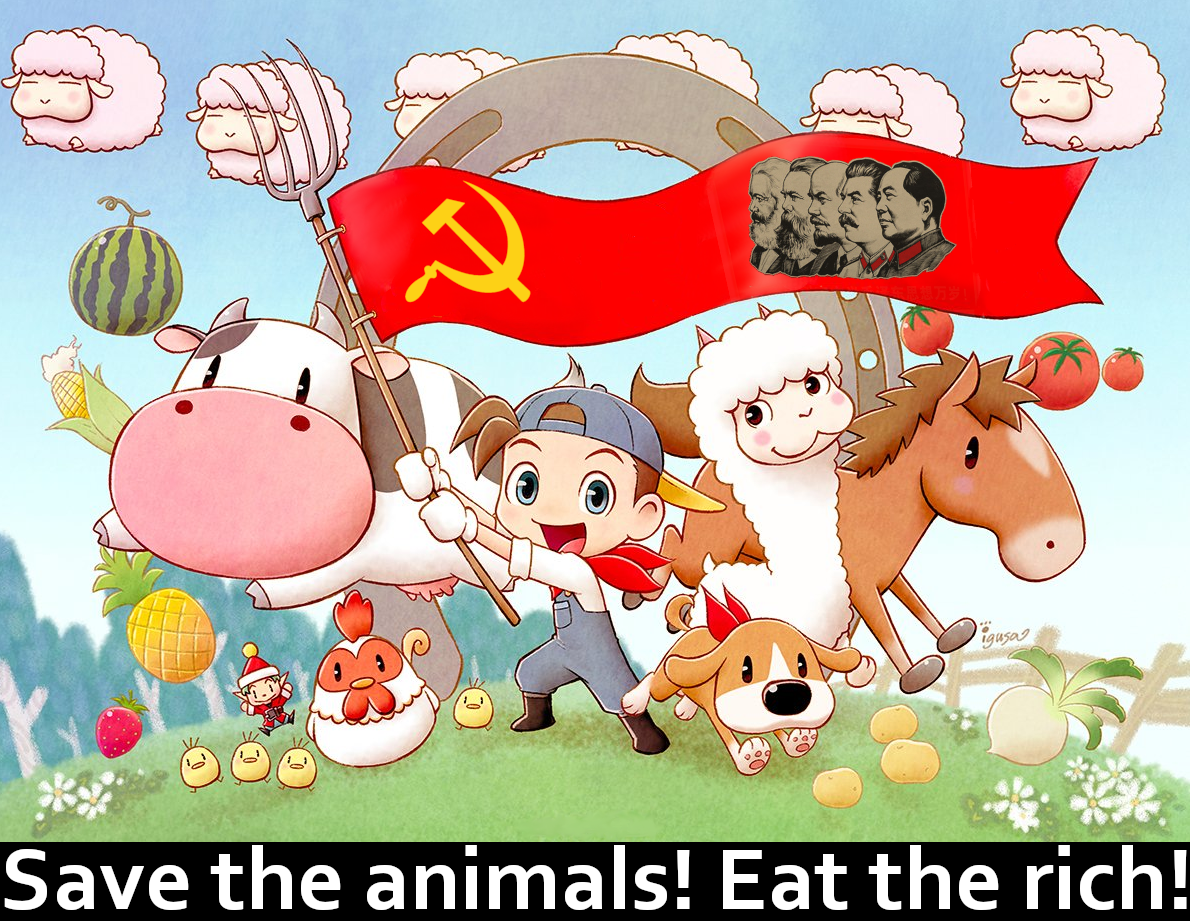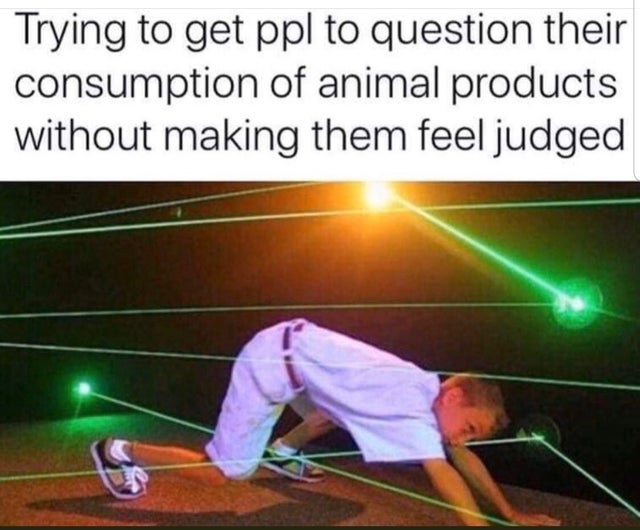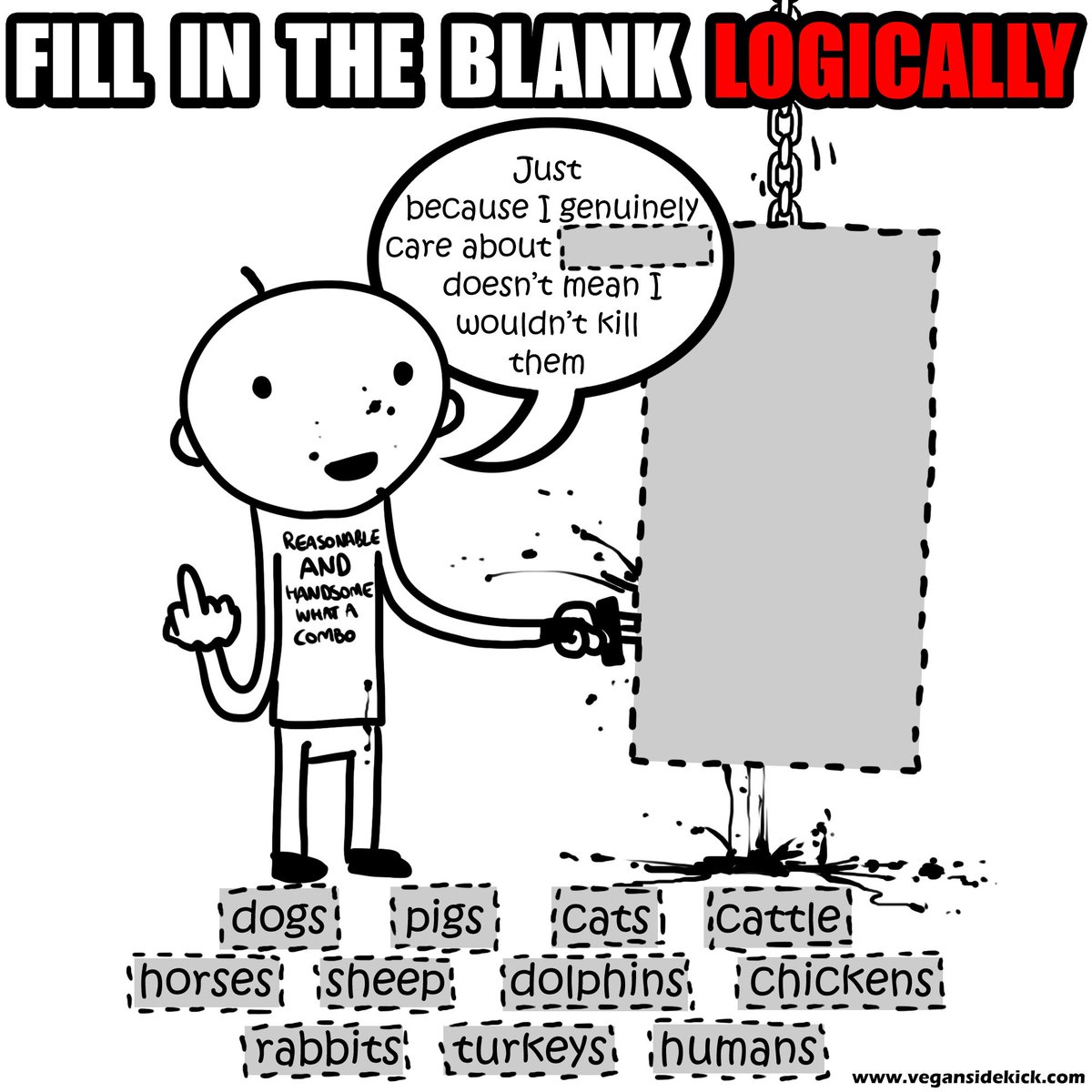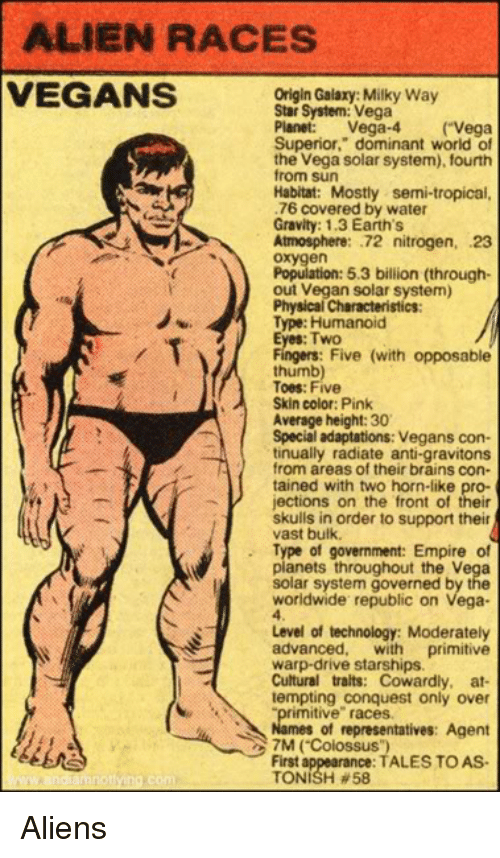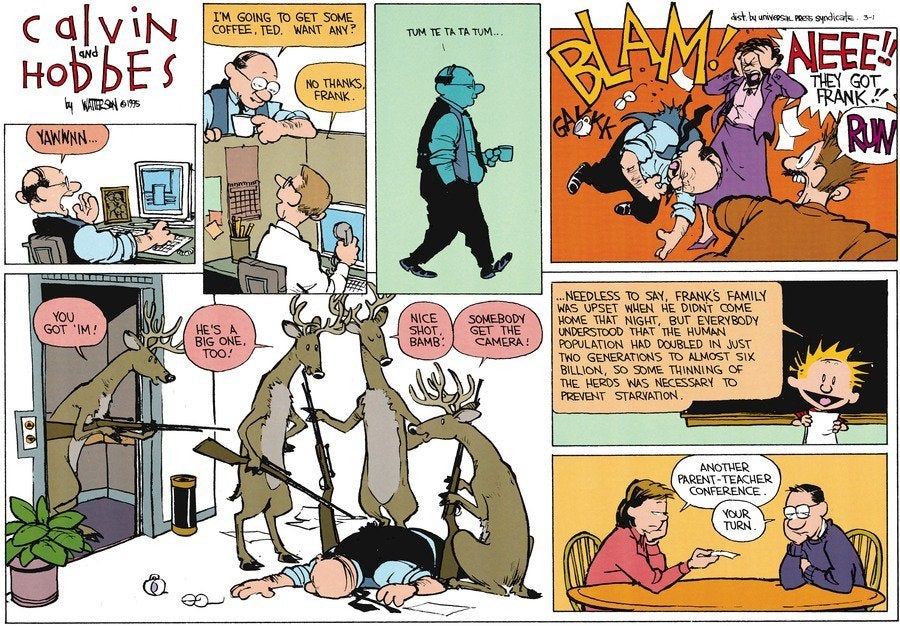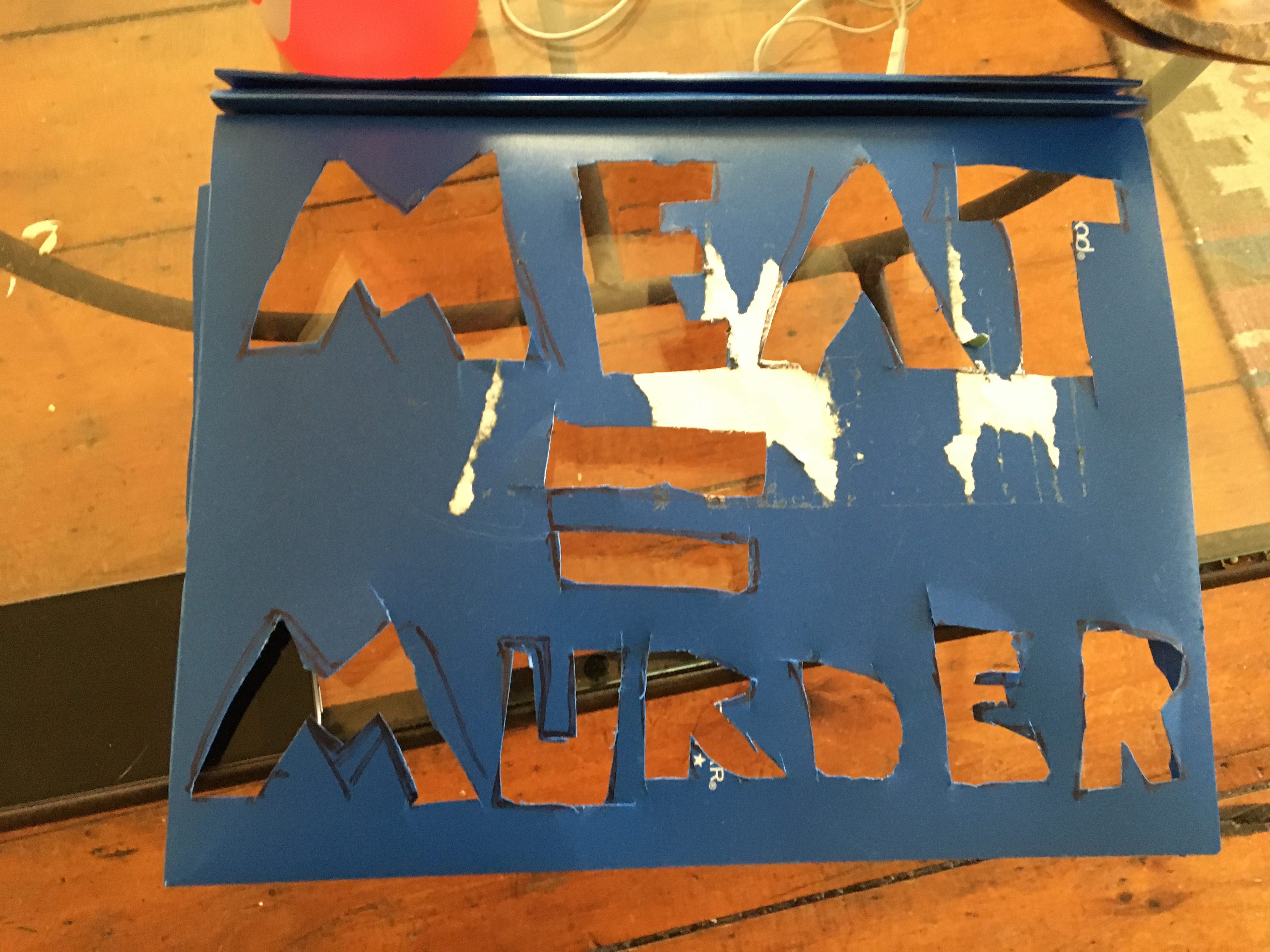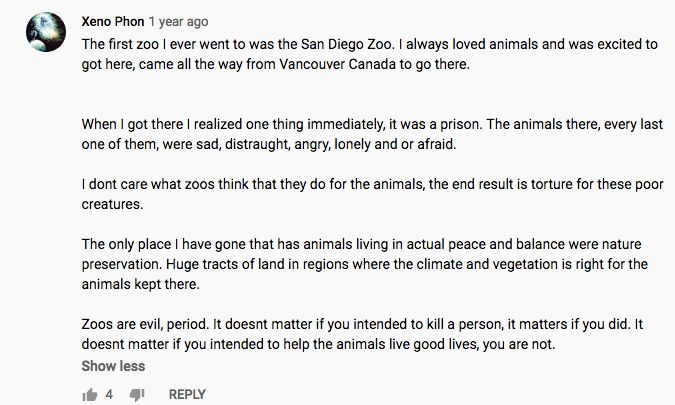Hours before dawn on Tuesday, eight animal liberation activists entered the Petaluma Poultry slaughterhouse facility in Sonoma County, California, disguised as workers, with the aim of rescuing as many chickens as possible.
Meanwhile, approximately 175 protesters gathered outside the property, where up to 49,000 chickens are killed every day, and where animal rights activists allege animal abuses and risks to public health are rampant. Some of the demonstrators joined those who had entered the property to assist in the planned “open rescue” action: a tactic by which activists publicly remove ailing animals from factory farms and bring them to animal sanctuaries, while highlighting the harms of the meat and animal products industry.
By 3 a.m. PT, as partly captured in a video shared exclusively with The Intercept, activists had removed 11 chickens from trucks that had transported thousands of chickens onto the slaughterhouse property, packed together as tightly as physically possible. Seven more birds were rescued soon after from a truck on its way to the facility.
I’m in Tuesday’s rescue and demonstration, organized by activists affiliated with animal rights group Direct Action Everywhere, or DxE, coincided with the release of a report from the group Tuesday morning. Shared with The Intercept and disseminated to regulatory agencies, the report alleges that Petaluma Poultry, a subsidiary of agribusiness giant Perdue Farms, is routinely violating animal cruelty laws and exposing the public to major health risks — including the possibility of future zoonotic disease pandemics — through brutal and negligent treatment of birds marketed as “free range” and “organic.”
The new report is based on undercover investigations at the slaughterhouse and a half dozen of Petaluma’s supplier farms, including whistleblower reports, firsthand observations, and hidden camera footage, alongside findings from veterinary medicine experts and infectious disease specialists who carried out fecal tests and examined animals — some sick, some already dead — brought to them from Petaluma facilities by DxE activists. (Petaluma Poultry and Perdue Farms did not immediately respond to The Intercept’s requests for comment on Tuesday morning’s report release and rescue.)
The very same animals that are cheerily packaged and sold in grocery stores nationwide under the personalizing brand names “Rocky” and “Rosie” — “Rosie” was the first chicken line in the United States to carry a certified organic label — are processed in a slaughterhouse where undercover investigator Raven Deerbrook said she found animals that were tortured and sick and where workers labored in dangerous conditions.
A dead chicken lies on a dirt covered shelf in 2023.
Photo: Courtesy of Direct Action Everywhere (DxE)
Deerbrook’s account and materials formed the basis of parts of the new DxE report, which the group sent to local, state, and federal authorities to request official investigations. DxE sent its report to USDA Farm Service Agency California Executive Director Blong Xiong; California Gov. Gavin Newsom and Attorney General Rob Bonta; Sonoma County Animal Services, District Attorney Carla Rodriguez, Sheriff Eddie Engram, and Administrator Christina Rivera; and a host of other officials and agencies from nearby counties.
“Hundreds are discovered to be so diseased that they are condemned after being slaughtered.”
“I am seeing sick birds being crowded onto trucks by the thousands. Dozens are dying on the way to the slaughterhouse,” Deerbrook, who entered the slaughterhouse undetected in a worker’s uniform, photographed internal documents, and set up hidden cameras, alleged over Signal message. “Hundreds are discovered to be so diseased that they are condemned after being slaughtered.”
Deerbrook, who worked for months gathering materials for the DxE report, said that she saw chickens injured while being hung on the slaughter line; she photographed company reports about bruised birds, which is a sign of abuse; she saw evidence of birds missing the “stun bath”: an electrical water bath in which birds’ heads are dipped to stun them unconscious before slaughter. She added that she saw “birds trying to escape and being cut-into while they were conscious, and I see evidence of them being boiled alive.” She also charged that she saw workers performing “one of the most dangerous tasks (live hanging) in pitch darkness, and many are suffering with pain and injuries.”
None of the local, state, and federal officials and agencies that received the report responded immediately to The Intercept’s request for comment.
Over 1,000 animals were “condemned” — disqualified from the food supply — on a single day in April 2023 after being slaughtered, according to documents from the slaughterhouse obtained by Deerbrook over a three-month period. Hundreds of them were condemned due to septicaemia, a form of bacterial blood poisoning, and toxemia. The investigation included lab reports from veterinarians that found dangerous pathogens in several birds. The slaughterhouse was also found to have unusually high rates of salmonella and campylobacter, two bacteria that cause widespread illnesses in humans, according to a local press report citing government data.
While Covid-19 was not transmitted to humans through factory farming, the deadliest pandemic in U.S. history should have prompted a reckoning over how we think about zoonotic disease spread and the undeniable future pandemic risks of intensive animal produce industry. Like so many ostensible pandemic reckonings, the dangerously concentrated — not to mention torturous — mass production of meat and animal products continues unfettered. Related Amid Bird Flu Outbreak, Meat Producers Seek “Ventilation Shutdown” for Mass Chicken Killing
“Direct Action Everywhere (DxE) investigators made repeated visits to six Petaluma Poultry-supplying factory farms in Northern California,” the report says. “They documented routine violations of California’s animal cruelty laws, including birds collapsed on the floor or stuck on their backs and unable to walk to food or water, left to slowly starve to death, as well as infectious diseases that threaten public health. Yet, despite dozens of reports to county and state authorities, the government still refuses to hold the company accountable.”
Current felony defendant Rachel Ziegler holds a bird removed from a barn at McCoy’s Poultry on Sept. 29, 2018.
Photo: Courtesy of Direct Action Everywhere (DxE)
DxE has been making allegations about cruelty and neglect at Petaluma Poultry since at least 2018, when, following investigations into widespread animal cruelty at its facilities, the animal rights group’s activists carried out a previous mass rescue action at Petaluma supplier, McCoy’s Poultry. After examining birds retrieved from the farm, Sonoma County’s own Animal Services Department referred McCoy’s to the sheriff’s office as a suspect in an animal cruelty case. The facility was shuttered, but no such charges materialized.
Meanwhile, 58 activists were arrested on felony charges for their involvement in the attempted rescue that drew attention to these systematic abuses. Many of these cases have since been dropped or resolved through diversions or plea deals. Four people involved in nonviolent protest actions against factory farms are currently still facing criminal charges in Sonoma County, including a total of 12 felony charges.
“The diseases and bacteria that we found are pretty shocking.”
“Following the 2018 rescue effort at McCoy’s Poultry, that facility closed down, but the cruelty we found there was not an isolated incident,” said Zoe Rosenberg, a DxE activist who participated in Tuesday’s rescue effort. “We have continued to investigate Petaluma Poultry farms across Northern California and we have repeatedly found sick, injured, collapsed, and starving animals.”
Rosenberg said that “the diseases and bacteria that we found are pretty shocking.” The pathogen Clostridium perfringens, which was found in the necropsy report carried out by the California Animal Health and Food Safety Lab at the University of California, Davis of a chicken from the farm, according to the DxE report, can cause necrotic enteritis in humans: a bowel disease that kills up to 50 percent of humans who contract it and is responsible for 8 percent neonatal intensive care unit admissions. “This industry is hurting all of us, especially those who are immunocompromised like I am,” Rosenberg, who has a chronic illness, told me.
“75% of new or emerging infectious diseases in humans come from animals,” the DxE report says. “We see the perfect breeding ground for such new diseases to emerge in the filthy, crowded, and disease-ridden conditions at Petaluma Poultry factory farms, particularly given the company’s inability to keep these diseases out of the slaughterhouse and the food supply.”
Police were called to the Petaluma Poultry slaughterhouse in response to Tuesday’s action, but all the activists on the property had left with the rescued chickens by the time cops entered the facility. None of the rescue participants on Tuesday morning have been arrested at the time of writing.
Previous rescues have led to numerous arrests and charges, but DxE has a strong record when it comes to winning cases in court. In March, two DxE activists, Alicia Santurio and Alexandra Paul, were acquitted in California of theft charges over the rescue of two chickens from Foster Farms.


